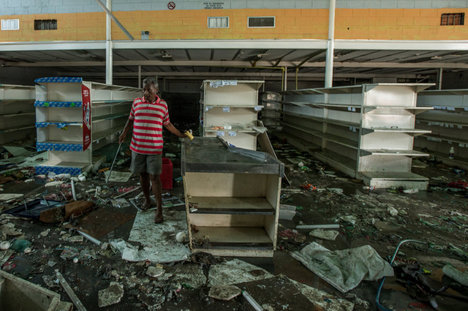(p. A25) As Democrats and other policy makers debate the merits of Senator Sanders’s proposal, here are a few important observations about international systems that they ought to consider.
First, a vanishingly small number of countries actually have single-payer systems. . . .
. . .
Some of the highest-rated international systems rely on private health insurers for most health care coverage — Germany’s, for example, is something like Obamacare exchanges for everyone, but significantly simpler and truly universal. The Netherlands and Switzerland have both moved recently to add more competition and flexibility to systems that were already built on the use of private insurers.
Second, single-payer countries have also failed to control rising health care costs. This is important, given that Mr. Sanders’s proposal was released without a cost estimate or financing plan. For historical reasons, many other countries started with lower levels of health care spending than we did. Several analyses have shown that this has almost nothing to do with higher administrative costs or corporate profits in the United States and almost everything to do with the higher cost of health care services and the higher salaries of providers here.
Although they started at a lower base — with, for example, doctors and nurses receiving lower salaries — countries around the world have all struggled with rising costs. From 1990 to 2012, the United States’ rate of health care cost growth was below that of many countries, including Japan and Britain. In 2015, the Organization for Economic Cooperation and Development warned that rising health care costs across all countries were unsustainable.behavior, more hotel rooms are available to individuals and families who need them most.”
Third, it is simply untrue that single-payer systems produce a better quality of care across the board.
For the full commentary, see:
LANHEE J. CHEN and MICAH WEINBERG. “‘Medicare for All’ Is No Miracle Cure.” The New York Times (Tues., Sept. 19, 2017): A25.
(Note: ellipses added.)
(Note: the online version of the commentary has the title “The Sanders Single-Payer Plan Is No Miracle Cure.”)



